Day 5: Thimphu – Punakha
Accommodation: 3 stars rated hotel in Punakha
Meals: breakfast, lunch, dinner
After breakfast, you will embark on a scenic drive to the Punakha valley, the former capital of Bhutan, through the Dochula Mountain pass that stands at an elevation of 3,140 meters. Here, you will visit the Druk Wangyel Chhorten, a newly built landmark housing 108 Khangzang Namgyal Chhortens, built by the Queen Mother for the peace and stability of the country.
Next, visit the Chhimi Lhakhang, also known as the Fertility Temple, located just outside of Punakha. The temple is situated amidst verdant rice paddies and manicured mustard fields, and offers a charming complex where visitors can be greeted by a huge black and gold prayer wheel. Your guide will enlighten you on the unique rituals steeped in legends of the eccentric ‘Divine Madman’ Lama Drukpa Kunley, whose teachings of Buddhism had humorous songs and innuendos. Admire the elaborately hand-painted drawings that adorn the walls, showcasing dramatic interpretations of phalluses. The temple is a pilgrimage site, particularly for childless couples who seek blessings with a 10-inch bone, ivory, and wood phallus, while young babies are named using inscriptions on bamboo slips. You can expect to see intricate charms in various sizes, colorfully shaded with comic illustrations and abstract art with inspirational quotes.
Then, embark on a hike to Khamsum Yulley Namgyal Chorten in the serene countryside around Punakha. The trail is surrounded by terraced paddies, farmhouses, and pine forests, alongside a babbling creek, and crossed by a suspension bridge over Mo Chhu. The Khamsum Yulley Chorten was built by the Queen Mother in dedication to the King, country, and for the well-being of all sentient beings in the universe. The stupa, based on the instructions in the Buddhist Holy Scriptures and the teachings of leader Lama Sönam Zangpo, features large kitschy installations of Vajrakilaya, a wrathful deity, encased in glass boxes, smaller statues of other deities, and numerous yab-yum figurines along the inner walls, as well as a statue of Shakyamuni Buddha.
Finally, cross the Punakha Suspension Bridge, the longest suspension bridge in Bhutan, measuring 180 meters in length. From the bridge, you can get a spectacular view of the Po Chhu river (male river) and the valley. This makes for an ideal location for a photoshoot with a stunning background while enjoying the cool and breezy vibes from the suspension bridge.

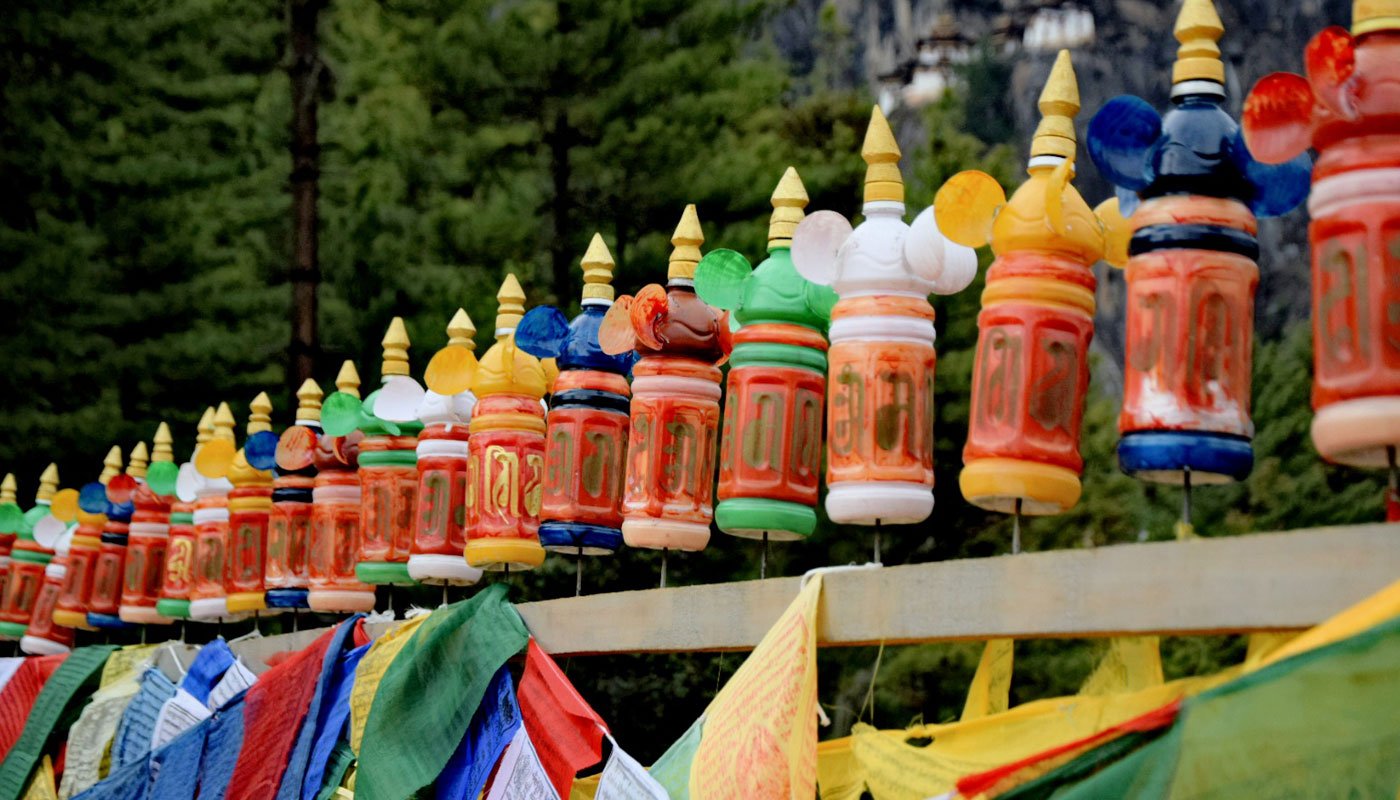
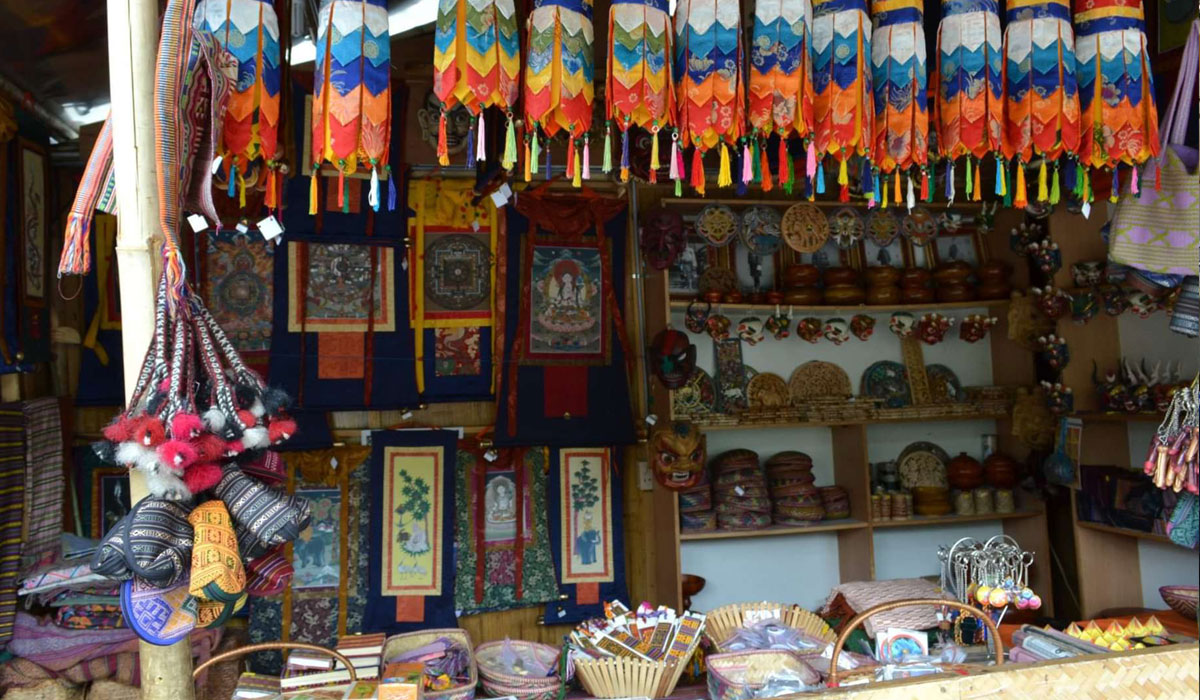
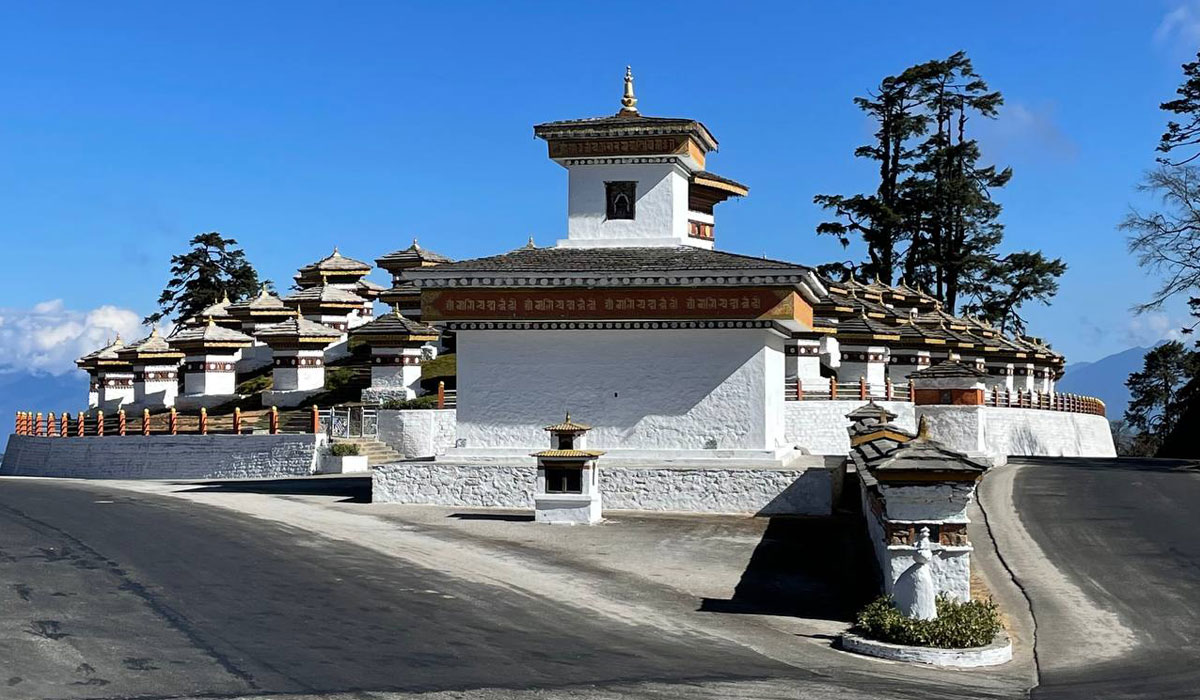
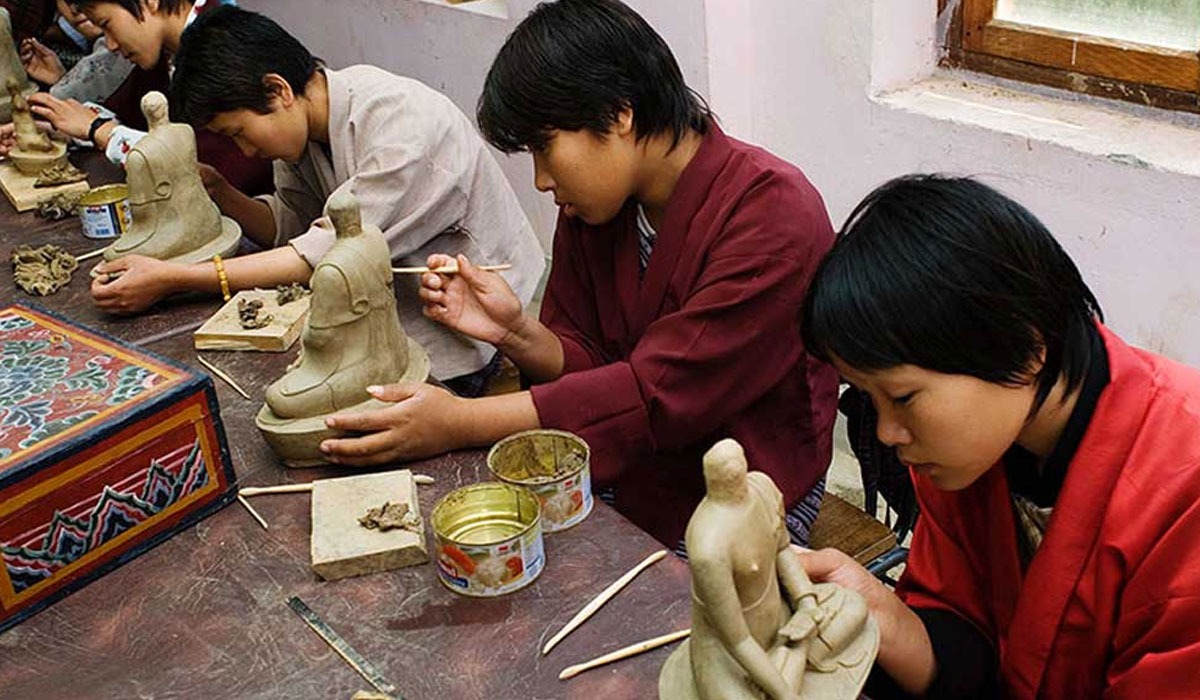
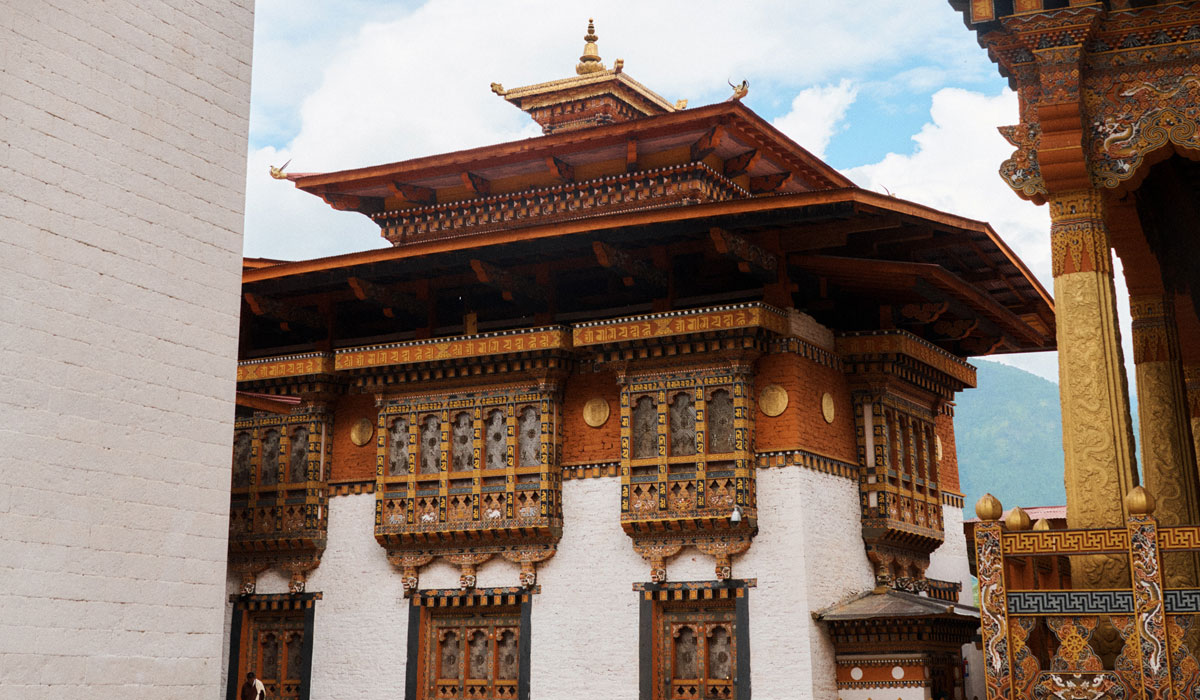
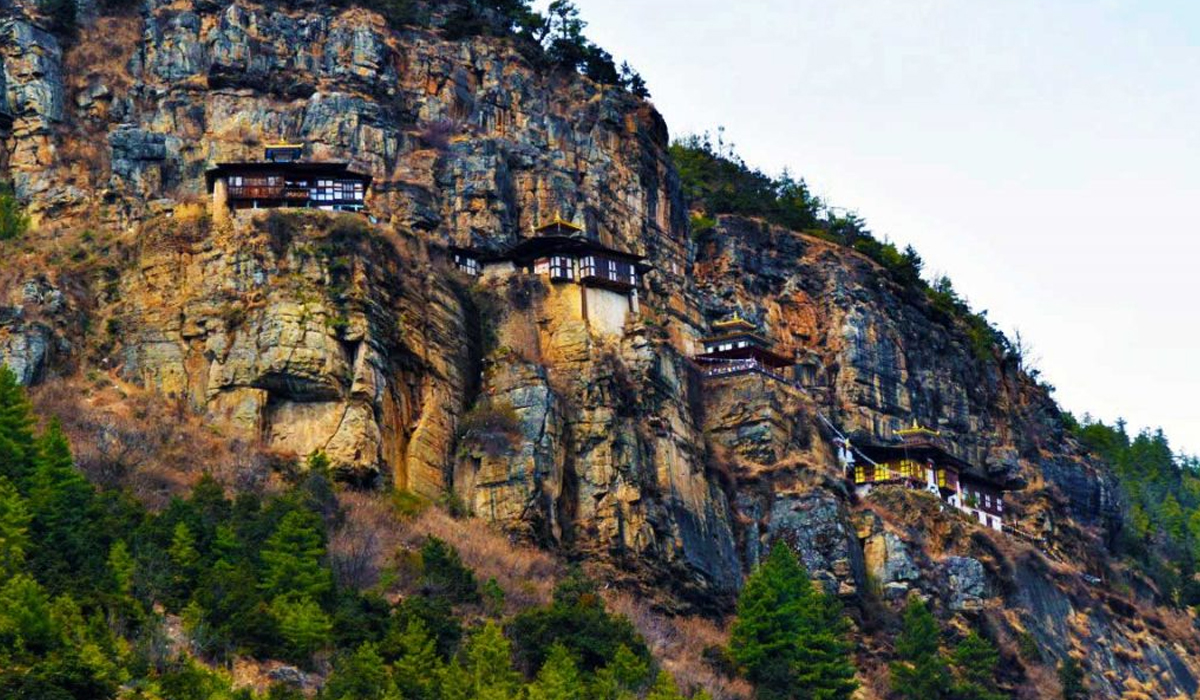
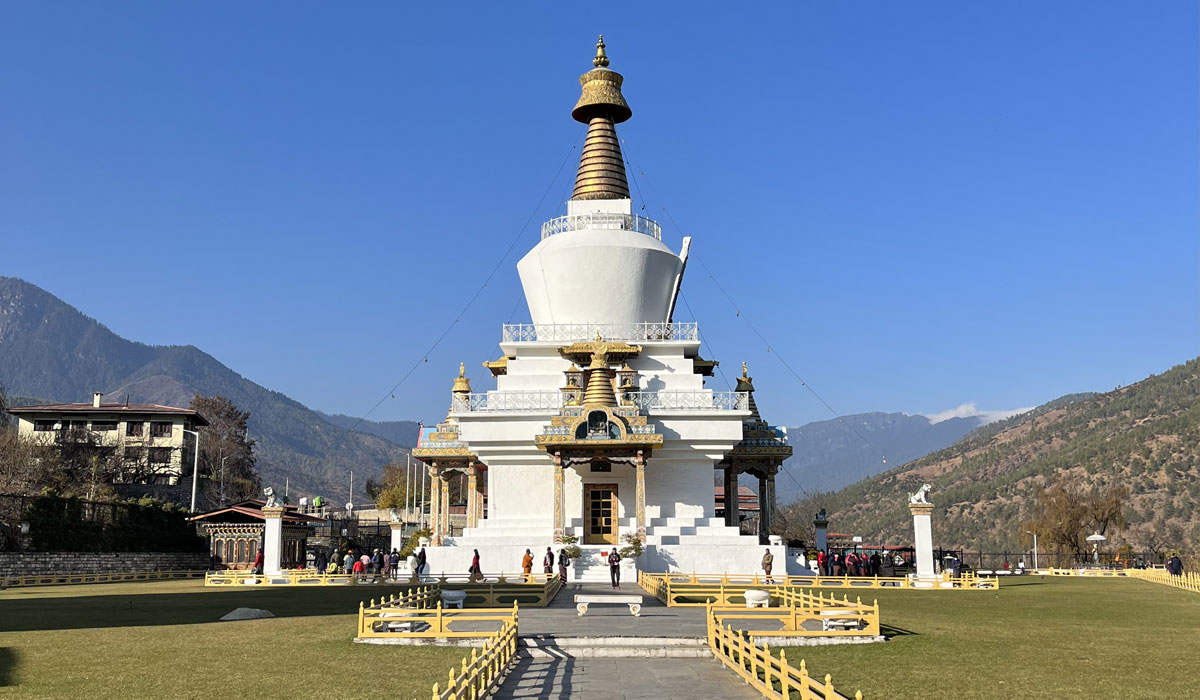
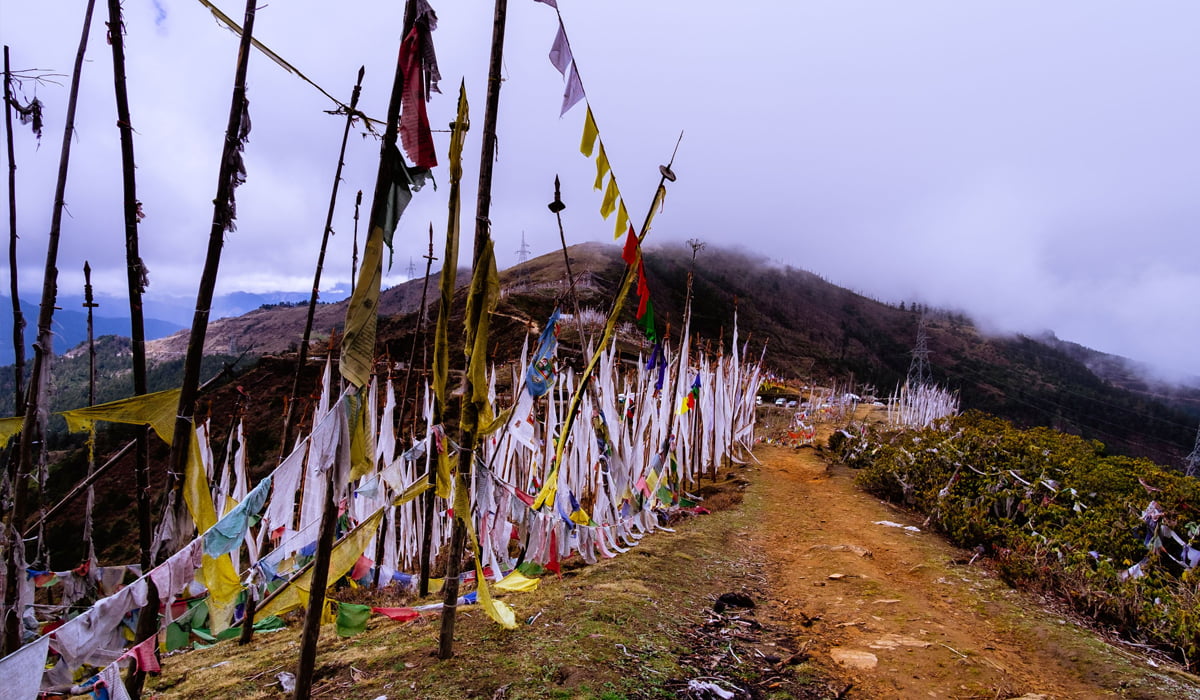
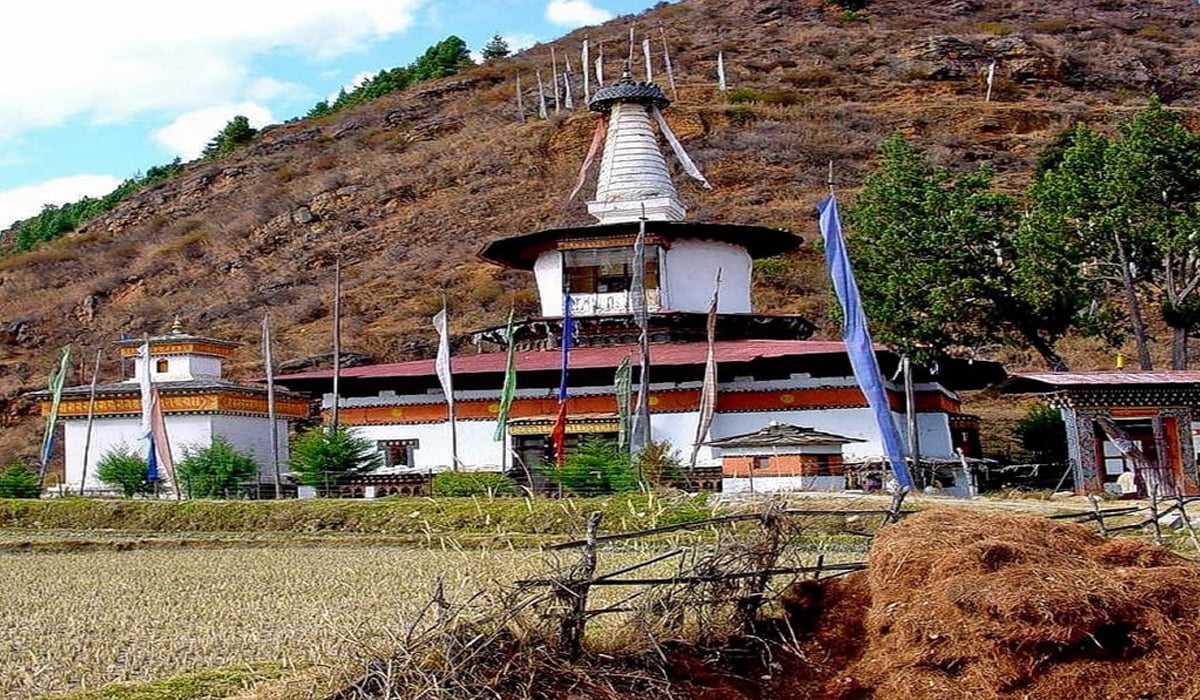
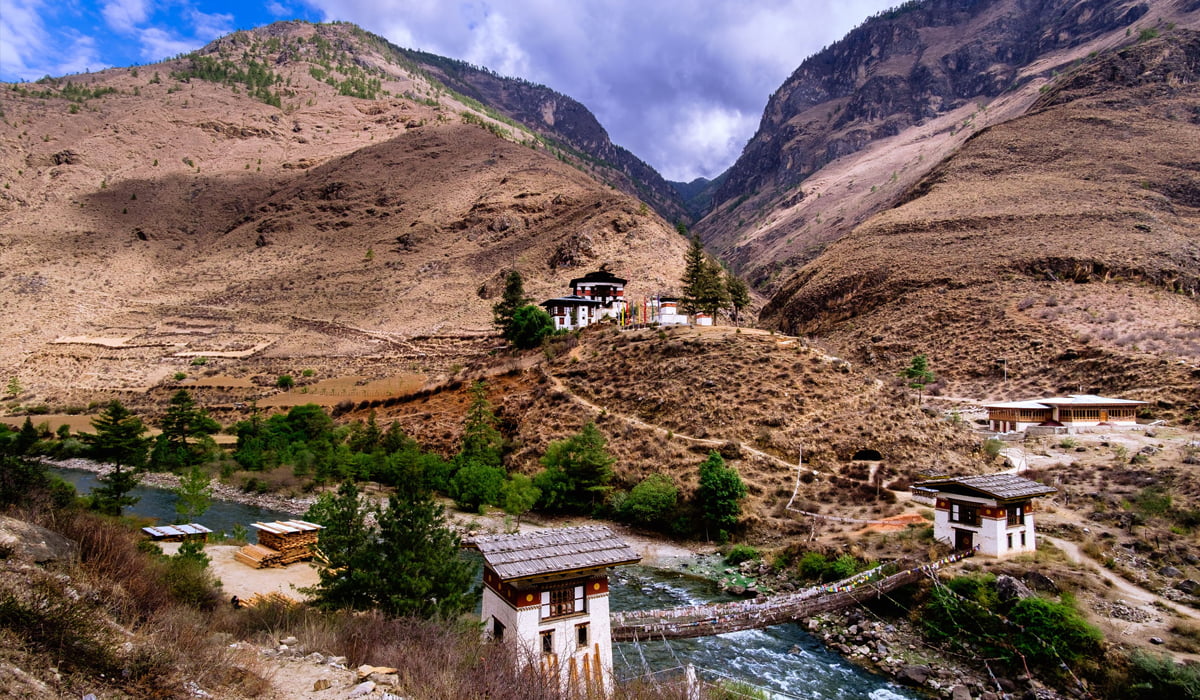
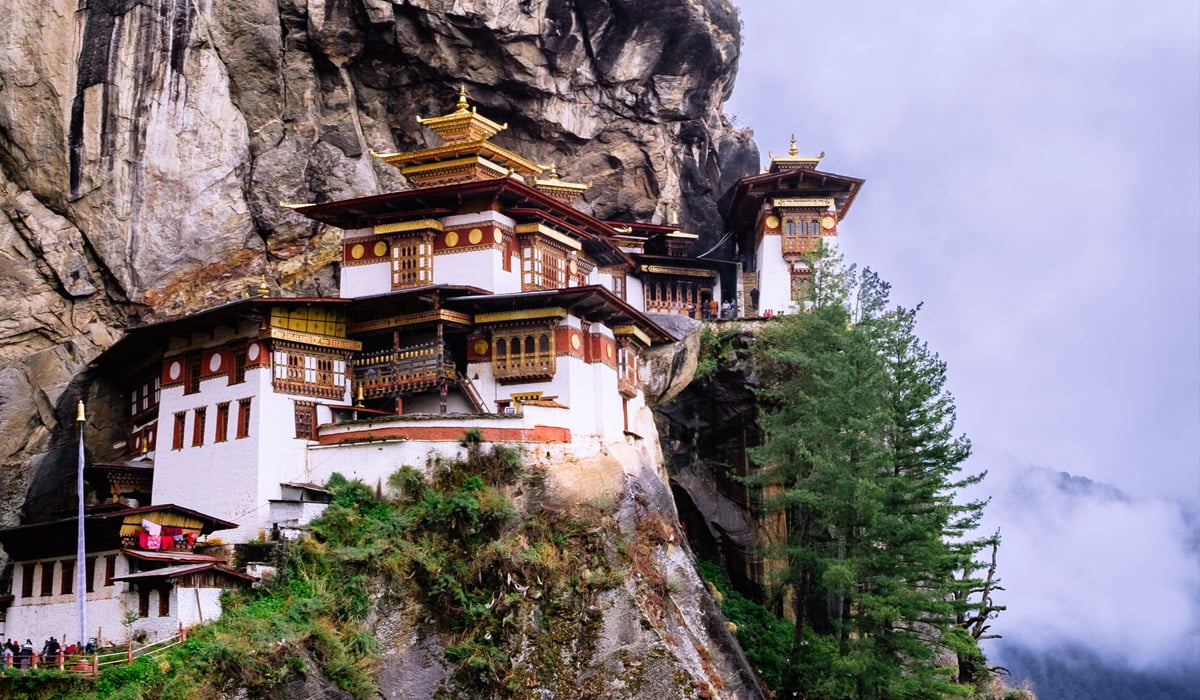
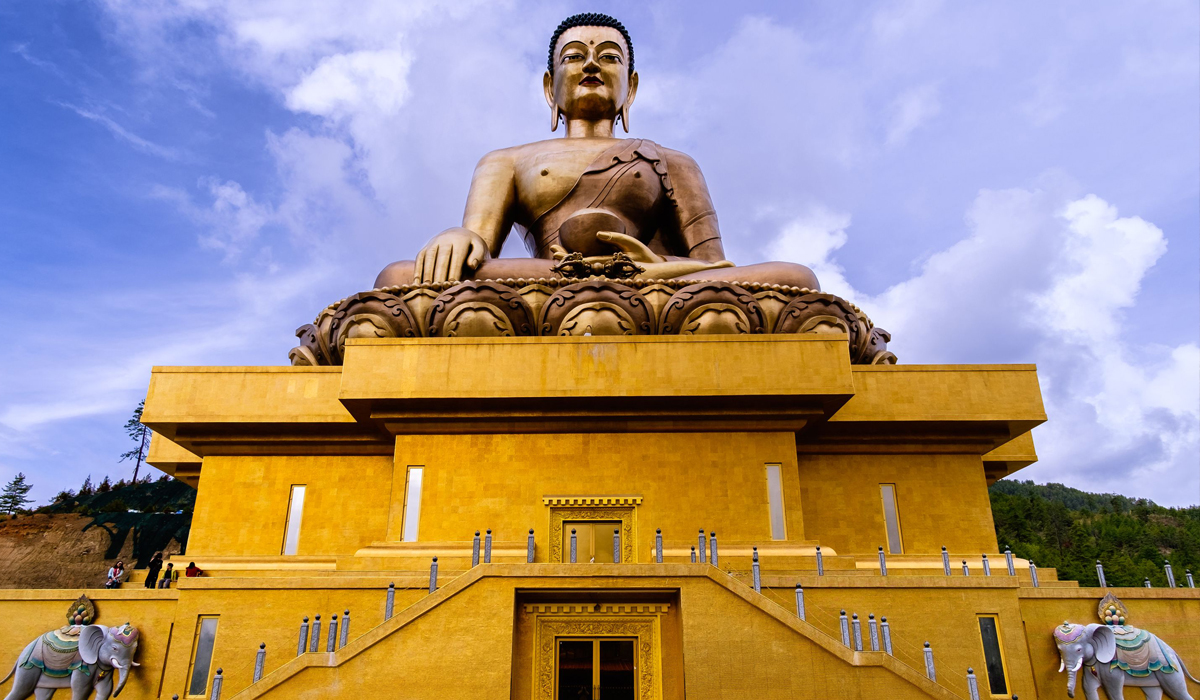
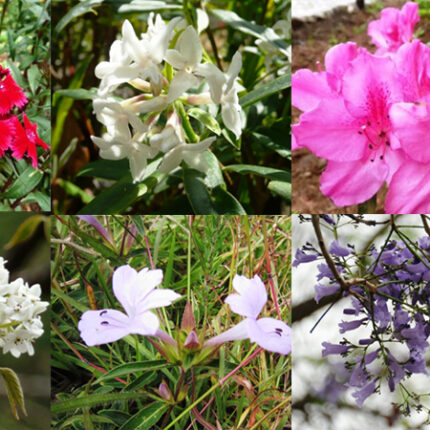
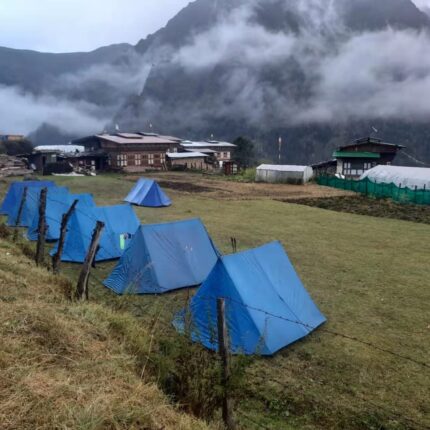
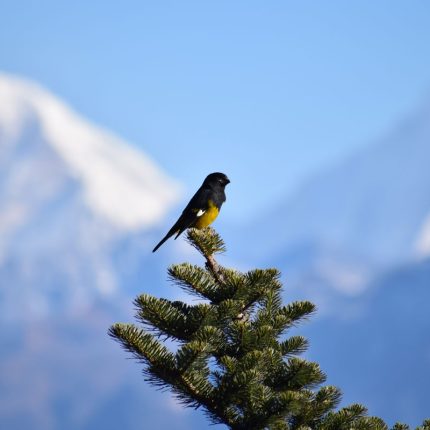
Reviews
There are no reviews yet.